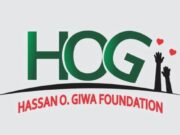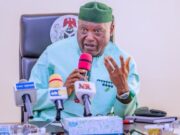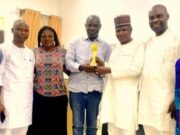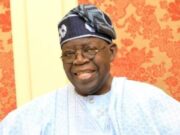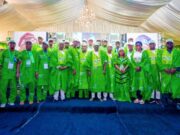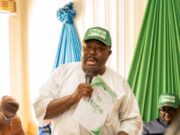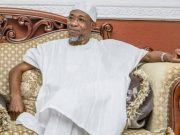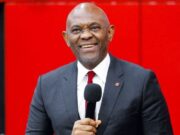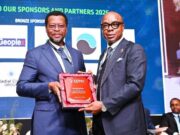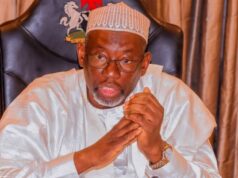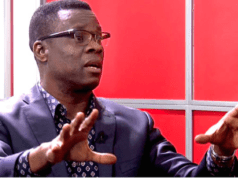Amid a shift in the United States (U.S.) development assistance policy, Nigeria has unveiled major strategies in domestic health sector investments.
The strategies approved by the Federal Executive Council (FEC) at its meeting in Abuja include a $1 billion initiative to strengthen human capital development and ₦4.8 billion for the Presidential Treatment Programme for HIV patients.
Coordinating Minister of Health and Social Welfare, Prof. Muhammad Ali Pate, who briefed reporters at the State House, Abuja, said a standing committee has been raised.
Pate named representatives of the ministries of Finance, Health, Environment, Defense and the Nigeria Governors’ Forum (NGF) as members of the committee saddled with developing a sustainability plan.
The proactive steps taken by the Council to safeguard the health sector came after the U.S. government granted an emergency humanitarian waiver, pulling the brake on previous funding of HIV treatment in developing countries.
The pause was initially ordered under an executive directive by President Donald Trump as part of a broader review of foreign aid.
Nigeria has relied heavily on international assistance for HIV initiatives, particularly from the U.S. President’s Emergency Plan for AIDS Relief (PEPFAR).
According to the minister, the FEC approved significant investments to ensure continued access to critical healthcare services, particularly for those affected by HIV, tuberculosis (TB) and malaria.
He said the ₦4.8 billion approved for the Presidential Treatment Programme for HIV patients will provide 150,000 treatment packs over the next four months, ensuring uninterrupted care for those living with HIV.
“This allocation is critical for ensuring that those living with HIV continue to receive necessary treatments without interruption,” he said.
Prof. Pate emphasised the government’s commitment to transitioning towards national healthcare financing and sustaining health programmes through domestic resources.
He said: “Nigeria will continue to prioritise the well-being of its citizens by ensuring access to essential treatments and services despite changes in international support.
“To manage this transition, a committee comprising the Ministries of Finance, Health, Environment, and Defence, along with the Governor’s Forum, has been tasked with developing a sustainability plan.
“The committee will work to mitigate the impact of U.S. policy shifts and maintain essential health services.”
He said the $1 billion was approved under the Human Capital Opportunities for Prosperity and Equity (HOPE) programme, which he noted has been developed in collaboration with the International Development Association (IDA).
The HOPE programme will focus on health, education, and social protection.
Half of the $1 billion ($500 million) will support governance reforms, including improved financial and human resource management at the state level and incentives for recruiting and training teachers and healthcare workers.
The other $500 million will be directed towards strengthening primary healthcare, expanding emergency maternal/child health services and integrating digital health solutions.
“These investments will enhance the quality and resilience of Nigeria’s healthcare system, ensuring that our people receive the care they need,” Prof. Pate said.
Speaking on the recent U.S. policy changes, the minister said while Nigeria appreciates the contributions of the American government over the last 20 years, it is now focused on transforming its health sector, using national systems and domestic financing.
Credit: thenationonlineng.net










